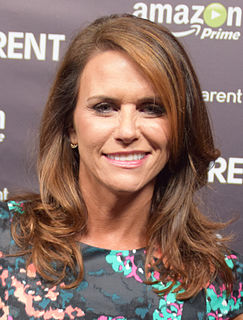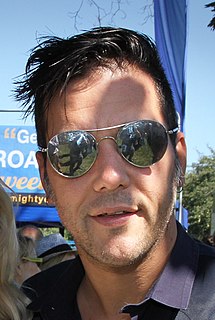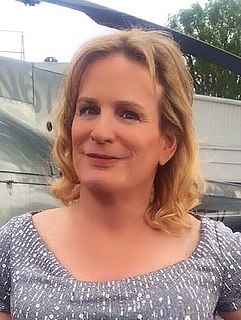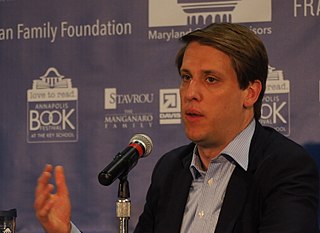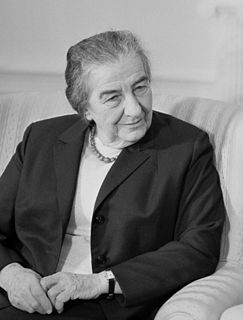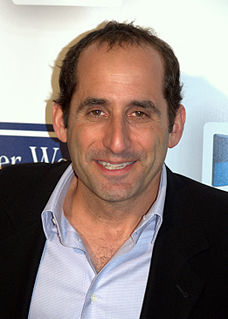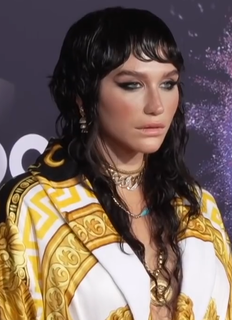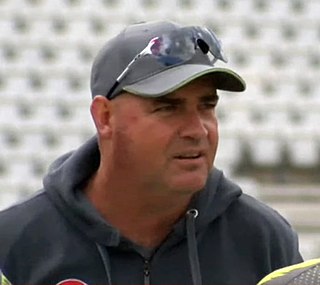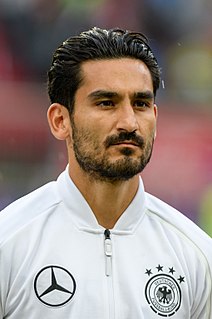A Quote by David Hare
[VIA DOLOROSA]'s pushing Broadway as far as it can be pushed. I stand before you as a reporter, and you have to decide whether I'm an honest reporter or not. And if you're convinced that I am honest, then I think that you will listen to me in a way that you wouldn't have listened to a fiction where scenes are made. . . . I've thought quite long and hard about what I want to say in this play. And if it means that every single sentiment that I produce is put minutely under an ideological microscope, that's fine.
Related Quotes
A litterateur is not a confectioner, not a dealer in cosmetics, not an entertainer. . . . He is just like an ordinary reporter. What would you say if a newspaper reporter, because of his fastidiousness or from a wish to give pleasure to his readers, were to describe only honest mayors, high-minded ladies, and virtuous railroad contractors.
It isn't really important to decide when you are very young just exactly what you want to become when you grow up. It is much more important to decide on the way you want to live. If you are going to be honest with yourself and honest with your friends, if you are going to get involved in causes which are good for others, not only for yourselves, then it seems to me that that is sufficient, and maybe what you will be is only a matter of chance.
When I came overseas, I realized that there are many ideologies and many trends, and it's also very hard to produce honest art and honest literature. I decided that I didn't want to follow any of these ideologies or trends, because that's also a kind of pressure that doesn't allow absolute freedom. So I decided that I was only going to produce works that were satisfactory to me, and that meant not following any trends and being anti-ideological.
A police reporter walks into the worst moment in someone's life on every single story that he covers. It's not like being a sports reporter. That's a great job and all that and takes certain skills. But, you know, they're glad to see you when you show up to cover the football game. Nobody is ever glad to see a police reporter when he shows up.
As a reporter, you know the tropes of how stories on poverty work in any country. A reporter will go to an NGO and say, "Tell me about the good work that you're doing and introduce me to the poor people who represent the kind of help you give." It serves to streamline the storytelling, but it gives you a lopsided cosmos in which almost every poor person you read about is involved with a NGO helping him. Our understanding of poverty and how people escape from poverty, in any country, is quite distorted.
Philip wasn't the sort of man to make a friend of a woman. He wanted devotion. I gave him that. I did, you know. But I couldn't stand being made a fool of. I couldn;t stand being put on probation, like an office-boy, to see if I was good enough to be condescended to. I quite thought he was honest when he said he didn't believe in marriage -- and then it turned out that it was a test, to see whether my devotion was abject enough. Well, it wasn't. I didn't like having matrimony offered as a bad-conduct prize.

